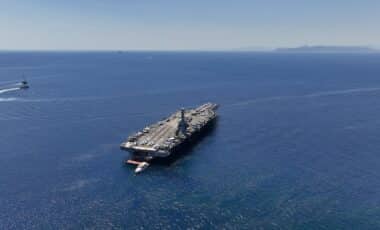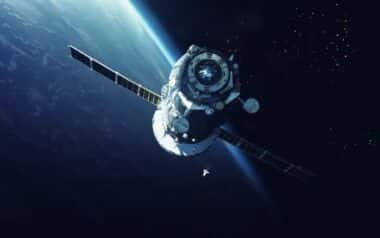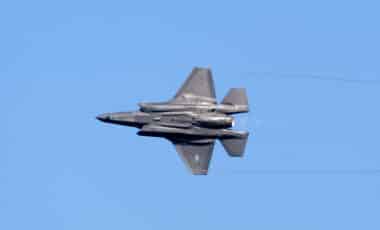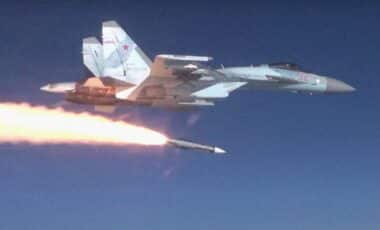Being there . . . . when the United States declared war on Germany in 1917 due to Deutschlandunleashing a resumption of unrestricted submarine warfare off the eastern Canadian andAmerican coasts. Author Dominic Etzold, who devoted more than three years to researchingand writing, “Reaping the Whirlwind – The U-Boat War Off North America During World War I”,had few German naval records to utilize in English-language accounts and histories thatoccurred in the short months of actual combat in Atlantic waters. All that Dominic could do wasto analyze and compare both exceedingly rare American and German archival sources. Becauseof his diligent resoluteness, Etzold constructed a riveting, thoroughly engaging contemporary,revelatory treatise of our naval battles with the Germans during the waning months of what tobe known as World War I. His introductory “premise”, or, buffs, as ultra-scholarly historians andhistorical researchers winkingly say, “a proposition antecedently supposed or proved”, “Themeeting of two competent fleets in roughly equal numbers usually result in inconclusiveactions.” In reality, this is what happened off our eastern seaboard. Did you know that?THE GERMAN U-BOAT CAMPAIGN OFF NORTH AMERICA DURING WORLD WAR ONE HAS BEENREGARDED BY ALLIED MILITARY STRATEGISTS AND HISTORIANS AS EITHER, AT WORST, “AHEARTY LAUGH,” AND, AT BEST, A “NOVELTY”. IN TERM OF BATTLE OPERATIONS AT SEA, THEREWAS LITTLE “ROMANTIC DRAMA”. QUERY THE MOST ENTHUSIASTIC 20 TH CENTURY WARREADER AND, GENERALLY, ALL HE OR SHE CAN MENTION IS THE SINKING OF THE SAD‘LUSITANIA’. VIRTUALLY NO ONE KNOWS THAT THE SUBMERGED GERMAN COMMANDERSTHRILLED AT THE SIGHTS OF 1914 -1918 TRAFFIC ALONG THE COASTAL HIGHWAYS OFATLANTIC AMERICA AND CANADA. THEIR IRRISTIBLE URGE TO SURFACE THEIR BOATS ANDQUICKLY LOB A SHELL OR TWO HAD TO BE REPRESSED, AT LEAST UNTIL THE START OF 1918.YET, AS THE FOLLOWING SUPERLATIVE STUDY BY DOMINIC ETZOLD SHOWS SO COGENTLY ANDCLEARLY, THE IMPACT OF THE GERMAN NAVAL ARRIVAL WAS STUNNING, BOTH DURING ANDAFTER THE GREAT WAR. THE BRILLIANT, NO NONESENSE SCHIFFER PUBLISHING AUTHOR,BACKED BY FINALLY RELEASED 106-YEAR-OLD GERMAN NAVAL RESOURCES AND PERSPECTIVES,TELLS WHY.Reviewed and highly recommended by Don DeNevi“REAPING the WHIRLWIND – The U-Boat War Off North America During World WAR 1”, byDominic Etzold. Schiffer MILITARY Publishers, LTD., Atglen, PA 19310: 2023, 407 pages,hardcover, 6 ¼” x 9 ¼”, dozens of rare WW1 photos, $34.99. Visit, www.schifferbooks.com. OrEmail: Info@schifferbooks.com.From an editorial published in the “Kolnische Volkszeitung”, June, 1918, “The North Americansmay now feel the fist of the warlord. They need not be surprised. He who sows the wind reapsthe whirlwind, even when he sits on the other side of the great herring pond, where he is underthe delusion that his navy is safe from the storm.”Yes, the German U-boats were off our coast in 1918, in two months alone inflicting amaterial loss of 151,505 tons of cargo shipping on us and our Allies coming and going, with a
death toll of nearly 900 lives lost. Yes, Admiral Karl Donitz, Hitler’s choice to succeed him after
his forthcoming self-inflicted bullet through the mouth, commented, “The opportunities to sinkvessels grossly exceeded the means of our U-boats to sink them.” We can’t fault him for thatcomment because Karl, much liked by our people because he not only fought fair, but when ourboys survived and were pulled from the freezing water, they were well taken care of,considering, but also because we had a shortage of escort and antisubmarine vessels. Read foryourself how in wartime American leadership, especially in the U.S. Navy, was, putting itbluntly, sometimes shallow, indifferent, and old-fashioned incompetent. Really, this is anabsolute must read to better understand our later naval growth and development as Herr Hitler
grew into a . . . you determine his title.








